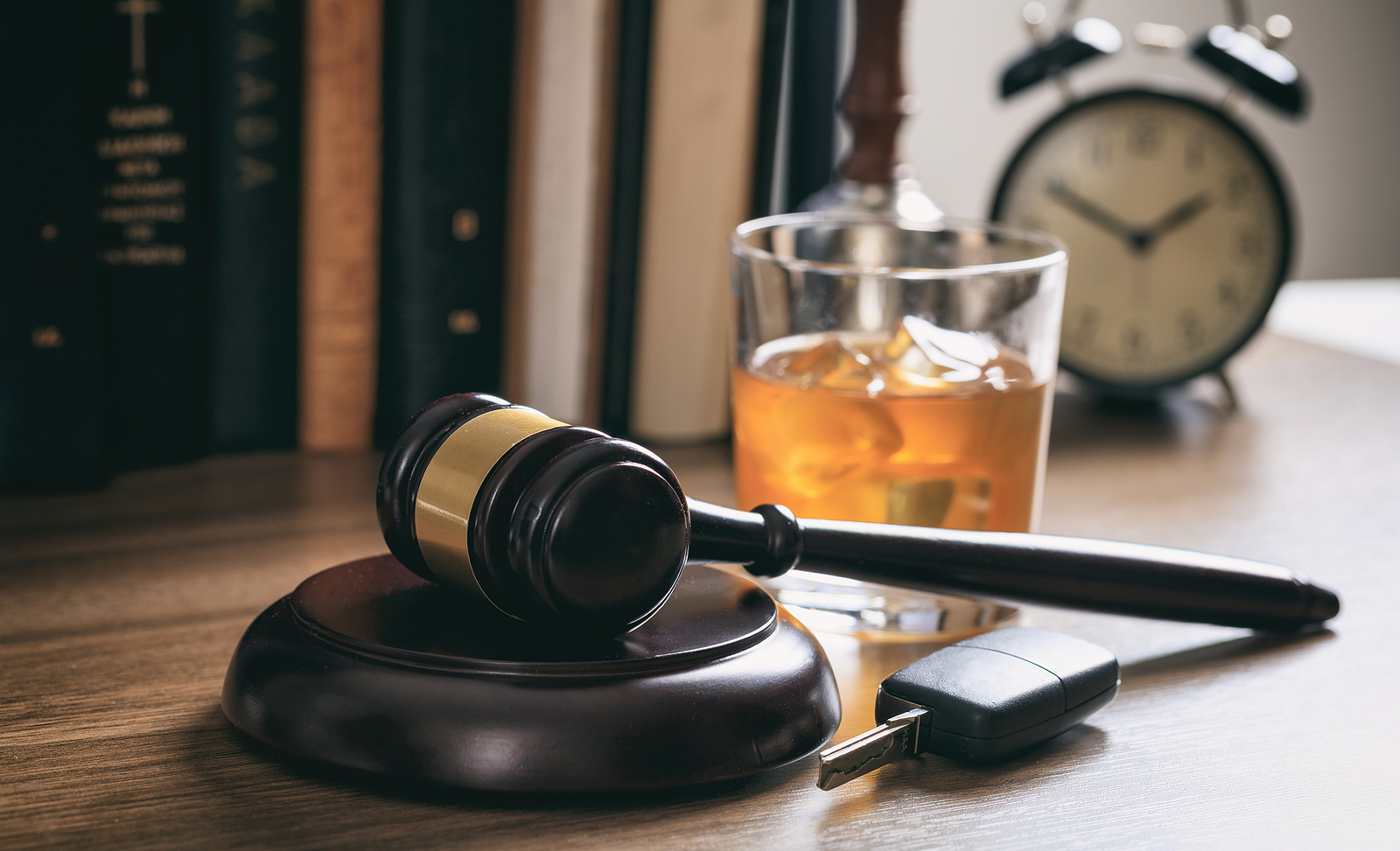Do You Think Your Arrest Was Done Illegally?
Unfortunately, many people who deal with the cops are unaware of their rights. They don’t understand that even though the police are an authoritative figure, they still have to follow the law when conducting searches and seizures. If they fail to follow the law, then you can fight to have the evidence they found dismissed, your arrest reversed, or even see your entire case thrown out by a judge.
Understanding your constitutional rights is valuable when dealing with the police. Your case doesn’t begin when you are officially charged; it begins as soon as the police start talking to you.
As experienced criminal defense attorneys, we know what to watch out for when it comes to over-confident cops who break the law. Here, we will give examples of cops who overstep when executing searches and seizures, as well as what you should do when dealing with the police.
What is a Search and Seizure?
In Florida, search and seizure refers to law enforcement officers examining a person’s body, property, and personal effects and potentially confiscating evidence found during the search.
Further, “seizures” aren’t limited to just confiscating your property; being detained and arrested is also a seizure. This means that if you are wrongfully or illegally arrested and your items confiscated, you have been subjected to an illegal search and seizure.
In order for a search and seizure to be legally sound, it must satisfy these certain legal measures:
Probable Cause
Probable cause is required for most searches and seizures. Probable cause exists when the facts and circumstances within an officer’s knowledge would lead a reasonable person to believe that a crime has been or is currently being committed, or that evidence of a crime could be found by a search.
- The cops need more than simple suspicion.
- A search and seizure must be based on objective facts, not the cop’s “gut feeling.”
- It can come from many sources: witnesses, officer observation, physical evidence, and credible tips.
A Search Warrant
With enough planning and by convincing a judge that they have reasonable suspicion of criminal activity or evidence of a crime, police may be able to acquire and execute a search warrant. However, even with a search warrant, the police must follow the law, and you still have legal rights.
If a cop knocks on your door claiming to have a search warrant, look for the following:
- Ensure the address is correct and the warrant is specific. It must clearly state where an officer is searching, for example, your address, and what they are allowed to seize, such as firearms, electronics, or drugs.
- Ensure it is signed by a judge- A valid warrant must be authorized by a magistrate based on probable cause.
- Limit the search- Officers are unable to search areas or seize items that aren’t listed on the search warrant, except in certain situations, such as items being in plain view.
A warrant can’t be vague. A legitimate search warrant will never say something as simple as “search everything.” If the search warrant limits where the police can search, don’t say they can search anywhere else. For example, if the warrant says they can search your car that is parked in your driveway, and they ask to also search your garage, tell them no. Seizing items not covered in the warrant is considered unconstitutional.
How Can You Prove an Illegal Search and Seizure Took Place?
As criminal defense attorneys, we know how to fight crooked cops and their bogus claims. We will examine your case inside and out, gather the relevant evidence, such as search warrants and arrest reports, and scrutinize every detail.
We can also examine body cam and dash cam footage to ensure the arresting officer operated within the scope of the law. If you were stopped or searched without reasonable suspicion, we will demand answers. If you were arrested without being read your rights, or you were mistreated, we will put the officer on the stand and question their credibility.
If evidence has been illegally acquired, we will get it thrown out. And if you asked for your attorney and the police continued to question you anyway, Panella Law Firm will ask the interrogating officer why they violated your rights.
Just as an officer must have evidence and solid testimony to charge you with a crime, we will bring evidence and testimony showing that they operated illegally.
When Should You Call a Criminal Defense Attorney?
As soon as you hear the words “you have the right to remain silent,” you should remain silent. You are not legally required to speak with the police, and doing so can be damaging to your case, as officers use certain strategies to create a narrative that allows them to arrest you.
As soon as you hear “you have the right to an attorney,” you should demand to call 407-602-6559 to speak with your Panella Law Firm criminal defense attorney.
Our firm is ready to challenge the legality of a search and seizure. If the police didn’t follow the law, we will find out and use that to fight your charges. The best outcome is having your charges completely dismissed. The worst outcome is speaking to the police, consenting to a search, and helping them build your own criminal case.
Call 407-602-6559 for a free consultation with our expert criminal defense attorneys today.




